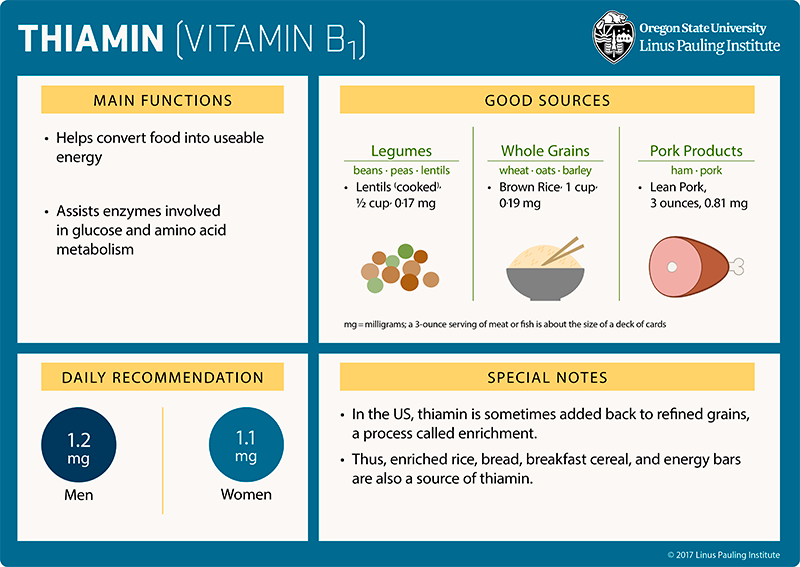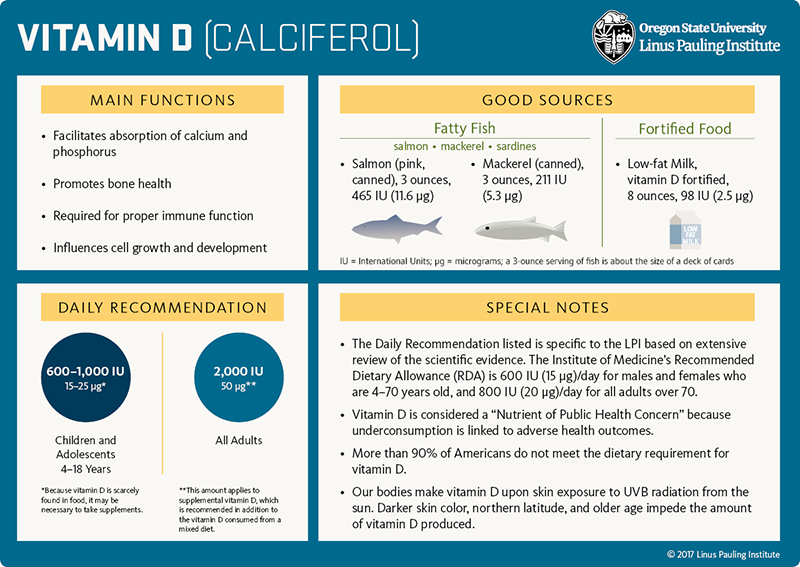Nutrition Research
-
Micronutrients
-
Dietary Factors
Summary
Research regarding the effect of nutrient supplementation in the prevention and treatment of heart failure is at a very early stage, and there are no clear relationships at this time. Supplemental L-carnitine used as an adjunct to standard medication may improve exercise tolerance in individuals with heart failure.
Condition Overview
Heart failure is a progressive condition in which a weakened heart cannot keep up with the body’s demand. The heart compensates for this loss of power by enlarging, developing more muscle, pumping faster, narrowing blood vessels, and diverting blood to vital organs.
Because physical exercise increases demand on a weakened heart, measures of exercise tolerance are frequently used to monitor the severity of heart failure.
The most common causes of heart failure are coronary artery disease (narrowing of the small blood vessels that supply blood to the heart) and uncontrolled high blood pressure. Other causes include heart attack, heart valve problems, and arrhythmias.
See below for specific information about nutrients and dietary factors relevant to heart failure.
DEFINITIONS
Heart failure - the heart's inability to pump enough blood for all of the body's needs
Congestive heart failure - when heart failure is accompanied by fluid build-up in the lungs, liver, gastrointestinal tract, and limbs; sometimes used synonymously with heart failure
Cardiac insufficiency - sometimes used synonymously with heart failure
Nutrition Research
DEFINITIONS
Test tube (in vitro) experiment - a research experiment performed in a test tube, culture dish, or other artificial environment outside of a living organism; in vitro is a Latin phrase meaning in glass
Animal experiment - a research experiment performed in a laboratory animal; many different animal species are studied in the laboratory, including terrestrial (land), aquatic (water), and microscopic animals
Observational study - a human research study in which no experimental intervention or treatment is applied, and participants are simply observed over time
Randomized controlled trial - a human research study in which participants are assigned by chance alone to receive either an experimental agent (the treatment group) or a placebo (the control group)
Placebo - a chemically inactive substance
Thiamin
What it does
General
-
Thiamin is a B-vitamin that helps convert food into useable energy.
-
More specifically, thiamin functions as an essential assistant to enzymes involved in glucose and amino acid metabolism.
Heart failure-specific
-
Severe thiamin deficiency (diagnosed as wet beriberi) can lead to impaired cardiac function and ultimately congestive heart failure (CHF)
What we know
-
Observational studies have found a higher risk of thiamin deficiency in individuals with CHF compared to control subjects.
-
Diuretics used in the treatment of CHF have been found to increase thiamin excretion, potentially leading to thiamin deficiency.
-
One small randomized controlled trial demonstrated that intravenous followed by oral thiamin therapy improved left ventricular ejection fraction in 30 CHF patients. However, randomized controlled trials of only oral thiamin supplementation have not found any benefit in CHF patients.
-
The need for thiamin supplementation in maintaining cardiac function in CHF patients remains controversial. Conclusions from research studies published to date are limited due to small sample sizes, lack of randomization in some studies, and a need for more precise tests of thiamin nutritional status.
For references and more information, see the section on congestive heart failure in the Thiamin article.

[Download PDF]

Vitamin D
What we know
General
-
Vitamin D is a fat-soluble vitamin that helps maintain calcium and phosphorus balance, promotes bone health and immune function, and influences cell growth and development.
Heart failure-specific
-
Vitamin D supplementation may reduce the pro-inflammatory state that accompanies heart failure.
-
Because high blood pressure can contribute to congestive heart failure (CHF), vitamin D’s potential to reduce blood pressure may benefit individuals with CHF.
What we know
-
Research studies investigating the impact of vitamin D supplementation in individuals with heart failure is at a very early stage
-
In one randomized controlled trial, vitamin D supplementation (1,200 IU/day for 12 weeks) improved heart muscle performance in children with CHF.
-
In another trial, very high-dose vitamin D supplementation (50,000 IU/week for 24 weeks) had no effect on physical performance in elderly individuals with heart failure.
For references and more information, see the section congestive heart failure in the Vitamin D article.

[Download PDF]

L-Carnitine
What it does
General
-
L-carnitine is a compound that can be made inside the body and obtained from food and dietary supplements. It is considered a conditionally essential nutrient because in some situations, the body’s demand for L-carnitine exceeds its capacity to make it.
-
L-carnitine helps the body convert fat into useable energy.
Heart failure-specific
-
Supplemental L-carnitine and propionyl-L-carnitine, administered in conjunction with standard drug therapy, may improve cardiac and skeletal muscle function during ischemia.
-
Propionyl-L-carnitine in particular may benefit ischemic tissue by replenishing intermediates of energy metabolism or by increasing blood vessel dilation.
What we know
-
Some randomized controlled trials have demonstrated that addition of supplemental L-carnitine to standard medical therapy improves measures of exercise tolerance and heart pumping ability in patients with heart failure.
DEFINITION
Ischemia - inadequate blood supply to an organ or part of the body
For references and more information, see the section on heart failure in the L-carnitine article.

Coenzyme Q10
What it does
General
-
Coenzyme Q10 is a compound that can be made inside the body and obtained from food and dietary supplements.
-
Coenzyme Q10 helps the body convert food into useable energy and functions as an antioxidant in cell membranes.
Heart failure-specific
-
The antioxidant properties of coenzyme Q10 may reduce oxidative stress that is characteristic of heart failure.
-
Coenzyme Q10 may enhance heart muscle cell contractility (shortening) and help maintain ATP (cellular energy) production.
What we know
-
Heart muscle coenzyme Q10 concentration was found to be lower in patients with more severe versus milder heart failure.
-
Randomized controlled trials have tested the effect of supplemental coenzyme Q10 in heart failure patients. Overall, no clear benefit on ventricular function has been demonstrated, but some trials have found coenzyme Q10 supplementation improved exercise capacity and reduced mortality.
DEFINITIONS
Antioxidant -a compound that prevents or repairs the damage caused by reactive oxygen species
Oxidative stress - a situation in which the production of reactive oxygen species exceeds the ability of an organism to eliminate or neutralize them
Reactive oxygen species (ROS) - highly unstable oxygen-containing compounds that react easily with nearby cellular structures, potentially causing damage
For references and more information, see the section on congestive heart failure in Coenzyme Q10 article.
Additional reference:
Lei L and Liu Y. Efficacy of coenzyme Q10 in patients with cardiac failure: a meta-analysis of clinical trials. BMC Cardiovasc Disord. 2017;17(1):196
